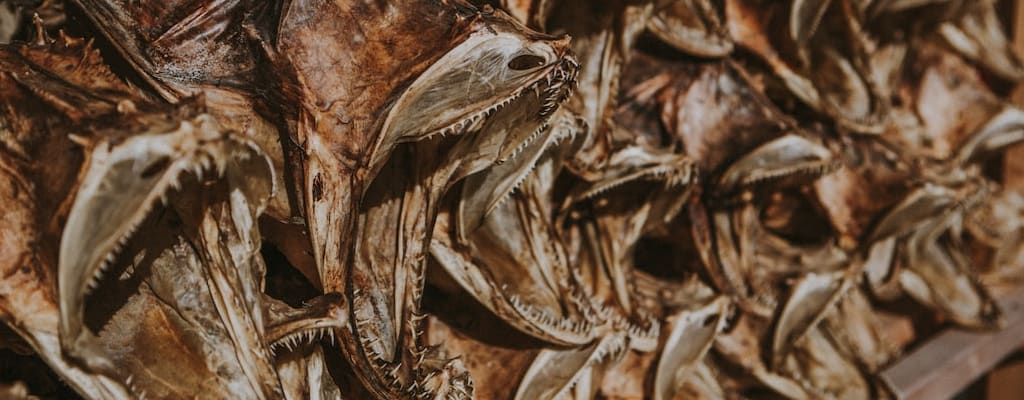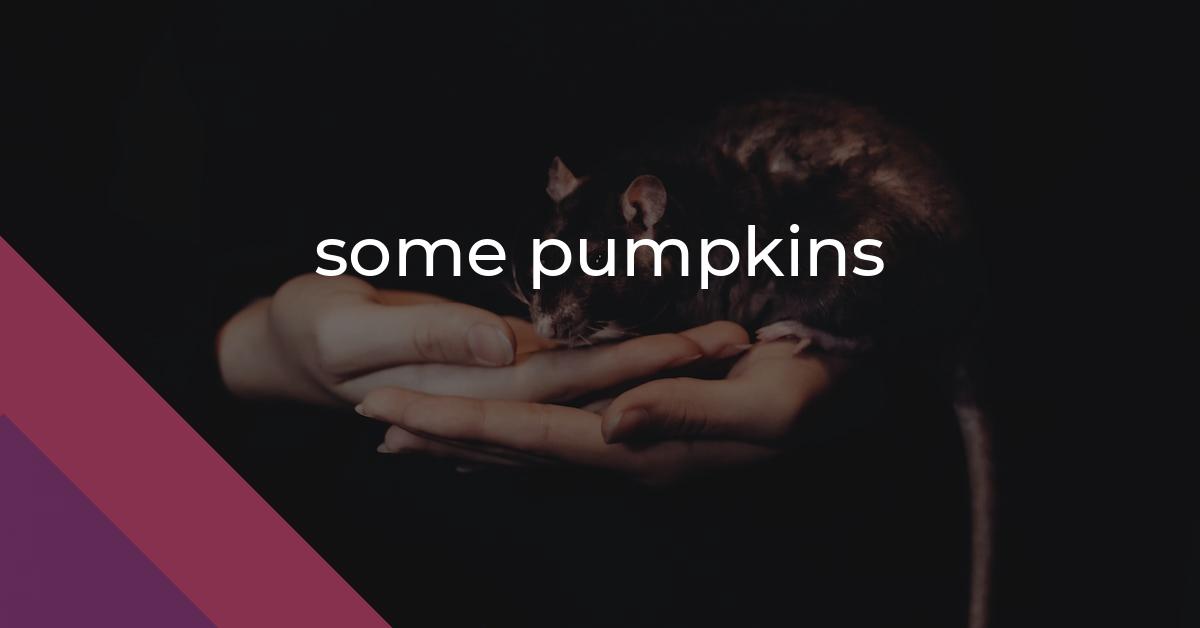some pumpkins: Idiom Meaning and Origin
What does ‘some pumpkins’ mean?
The idiom "some pumpkins" refers to someone or something that is impressive or exceptional in a specific way, often with a sense of irony or sarcasm. It is used to highlight someone's remarkable qualities or accomplishments in a slightly mocking or humorous manner.

Idiom Explorer
An idiom meaning an unrealistic or unattainable desire/expectation, often used to convey someone wanting something that is impossible to obtain.
The idiom "the joke is on someone" means that someone has played a prank or trick on another person, resulting in the second person becoming the object of ridicule or mockery.
The idiom "the cat's pyjamas" means something or someone that is considered to be wonderful, outstanding or excellent.
The idiom "the cat's pajamas" is used to describe something or someone who is highly admired, stylish, or impressive. It conveys a sense of excellence or being top-notch.
The idiom "the bee's knees" means that something or someone is exceptionally excellent, impressive or of high quality.
The idiom "that's saying something" is used to highlight a statement that is particularly noteworthy or impressive, often because it exceeds expectations or goes against common assumptions.
An idiom used to emphasize the extreme or exceptional quality of someone or something.
The idiom "take the piss" means to mock or make fun of someone or something, often in a light-hearted or teasing manner.
The idiom "take the cake" means to be the most extreme or extraordinary in a negative way. It is used to express surprise, disappointment, or disapproval about something or someone's actions or behavior.
The idiom *suck on that* is an offensive phrase used to assert dominance or superiority over someone by bragging about one's achievements or proving them wrong in a confrontational manner.
FAIL
Some pumpkins is an idiomatic phrase that originated in the United States. It is used to describe someone or something as impressive or extraordinary. While its exact origin is unclear, the phrase has been in use since the early 19th century and continues to be used today.
The phrase some pumpkins is often used in a sarcastic or mocking manner to suggest that someone or something is not as impressive or remarkable as it may initially appear. It can be used to express doubt or skepticism about someone's abilities or achievements. It is commonly used in informal conversations, literature, and occasionally in journalism.
There are several theories about the possible origin of this idiomatic phrase. One theory suggests that it may have originated from the practice of judging pumpkins in agricultural fairs. Pumpkins are often judged based on their size, shape, and overall quality. The phrase some pumpkins could have been used to praise exceptionally large, beautiful, or magnificent pumpkins.
Another theory suggests that the phrase may be derived from a character in a play or story who was described as being like a pumpkin. This character may have been portrayed as foolish, naive, or easily fooled. Over time, the phrase some pumpkins could have developed as a way to mock or belittle someone who was perceived as lacking intelligence or sophistication.
It is important to note that the exact origins and development of this idiom are not well-documented, and thus, there is no definitive answer to its origin. However, the phrase some pumpkins has become a part of American English vernacular and is widely understood and used in various contexts.
Some scholars believe that this idiom reflects the significance of pumpkins in American culture. Pumpkins are often associated with the fall season, harvest festivals, and Halloween. They have become symbols of abundance, change, and the passage of time. The use of pumpkins in this idiomatic phrase may reflect the American tendency to use seasonal or cultural references in language and expressions.
The phrase "pumpkin head" is another idiomatic expression related to some pumpkins. This phrase is used to describe someone who is foolish, naive, or easily fooled, much like the character mentioned earlier. While it is possible that the origin of "pumpkin head" is related to the same cultural references as some pumpkins, there is no definitive evidence to support this claim.
In addition to "pumpkin head," there is another related idiom: "that ever walked on two legs." This phrase is often used to emphasize someone's exceptional or extraordinary qualities. It suggests that the person being referred to is the best or most impressive in a particular context. It is unclear how this idiom may be directly related to some pumpkins, but they share a similar theme of praising someone or something as extraordinary.
Lastly, there is the idiom "king of all one surveys" which also shares a theme of praising someone or something as extraordinary. The phrase suggests that the person or thing being referred to is the best or most impressive in all aspects or qualities that can be observed or surveyed. Again, the direct connection between this idiom and some pumpkins is unclear, but they share a common theme of describing someone or something as exceptional.
Although the idioms "pumpkin head," "that ever walked on two legs," and "king of all one surveys" may not have a direct and well-documented connection to the origin of some pumpkins, they all share a similar theme of conveying exceptional or extraordinary qualities. These idiomatic expressions add depth and richness to the English language, allowing for the colorful and nuanced description of people or things.
Example usage
Examples of how the idiom "some pumpkins" can be used in a sentence:
- After seeing her performance, the judge commented, "She's really some pumpkins! I'm impressed by her talent and skill."
- Upon receiving the award, the actor exclaimed, "This is quite an honor! I never expected it. I guess I'm some pumpkins!"
- When his friends saw his new car, one of them joked, "Wow, look at him driving around in that fancy sports car! He thinks he's some pumpkins now."
More "Metaphorical" idioms



